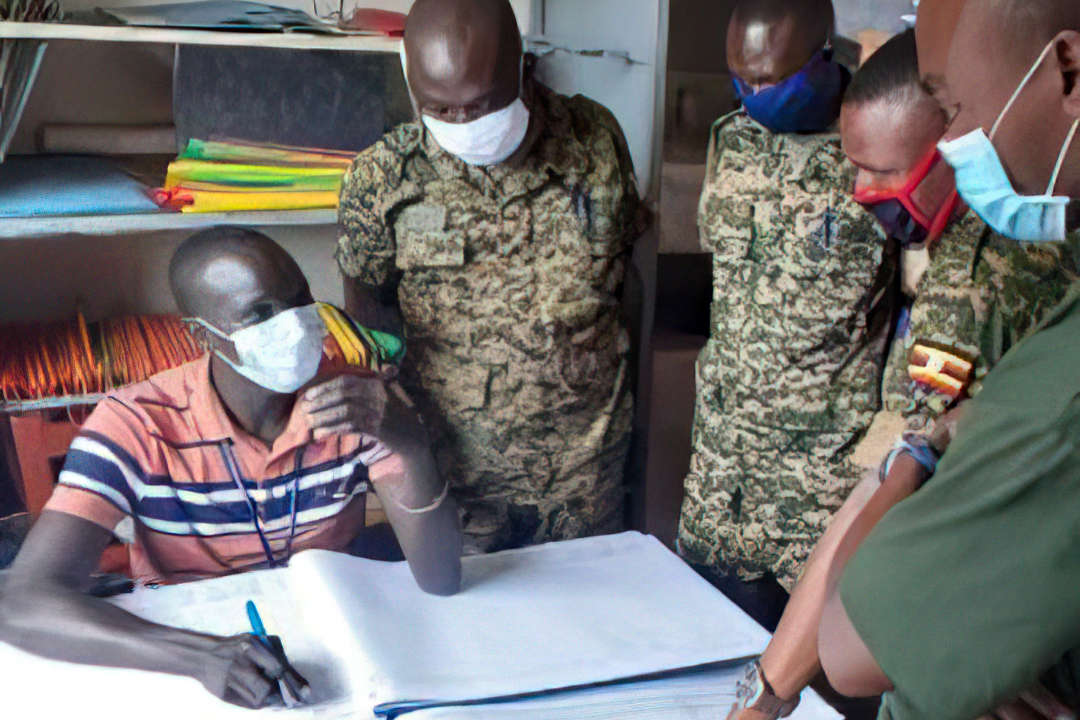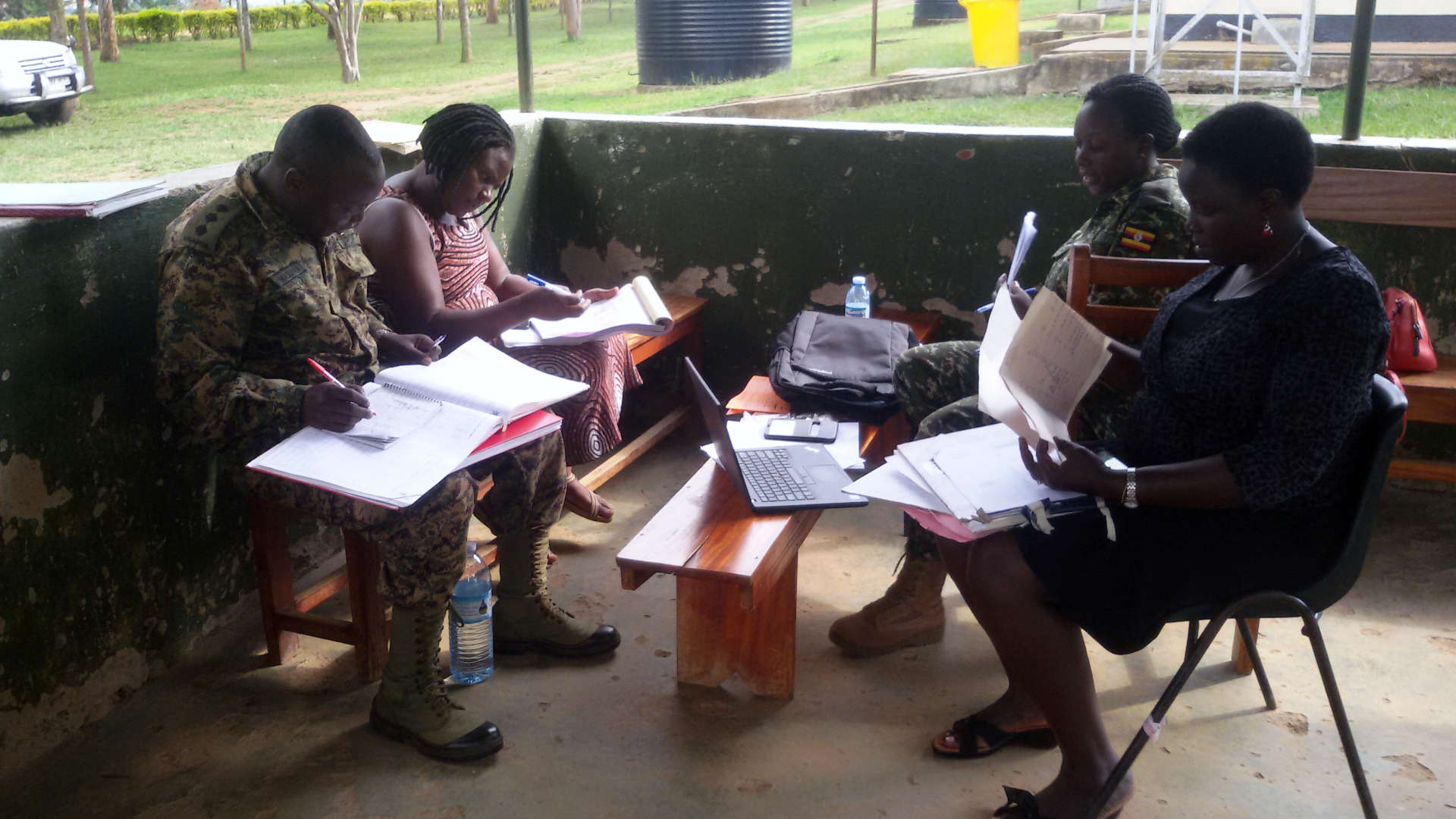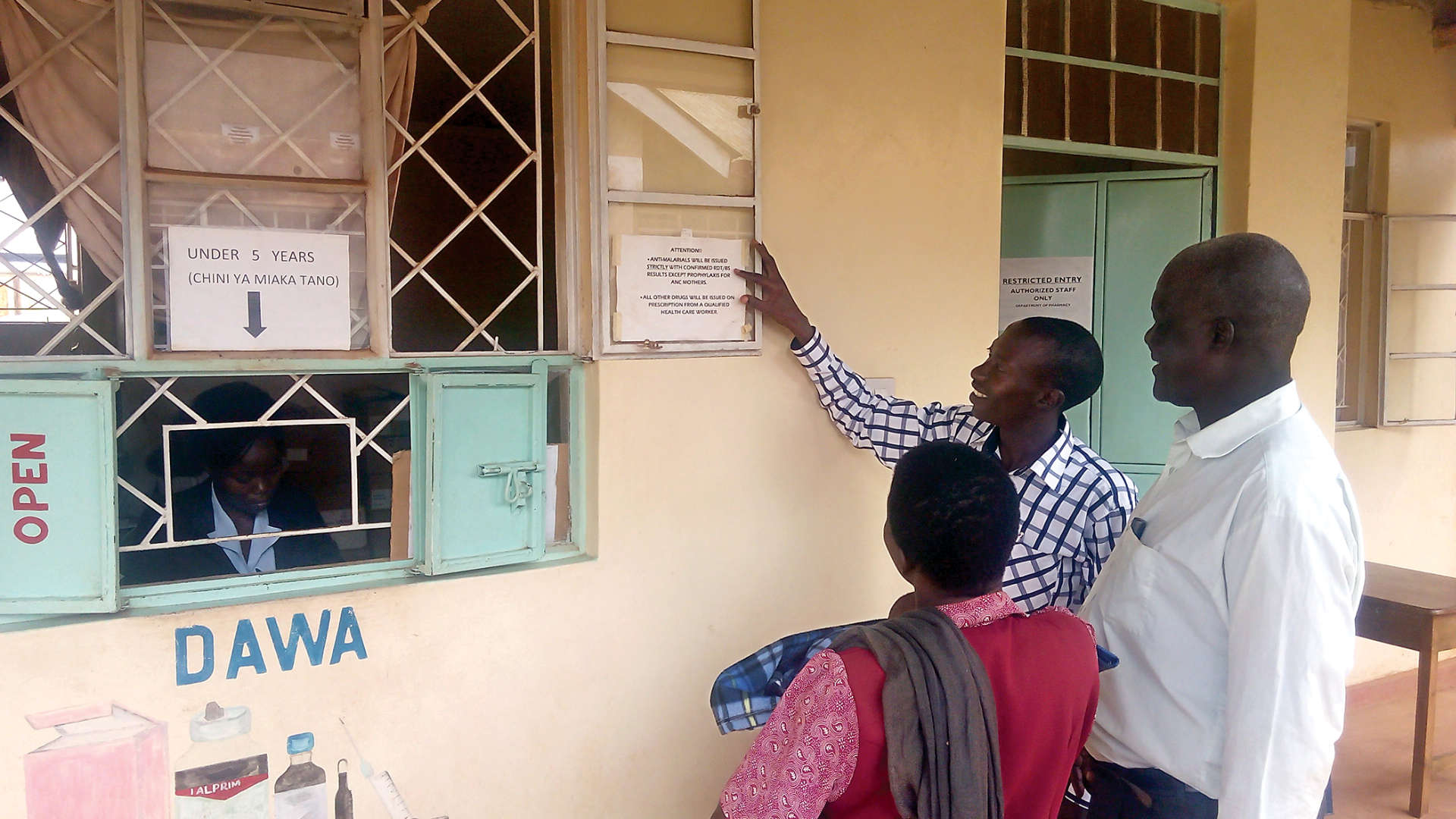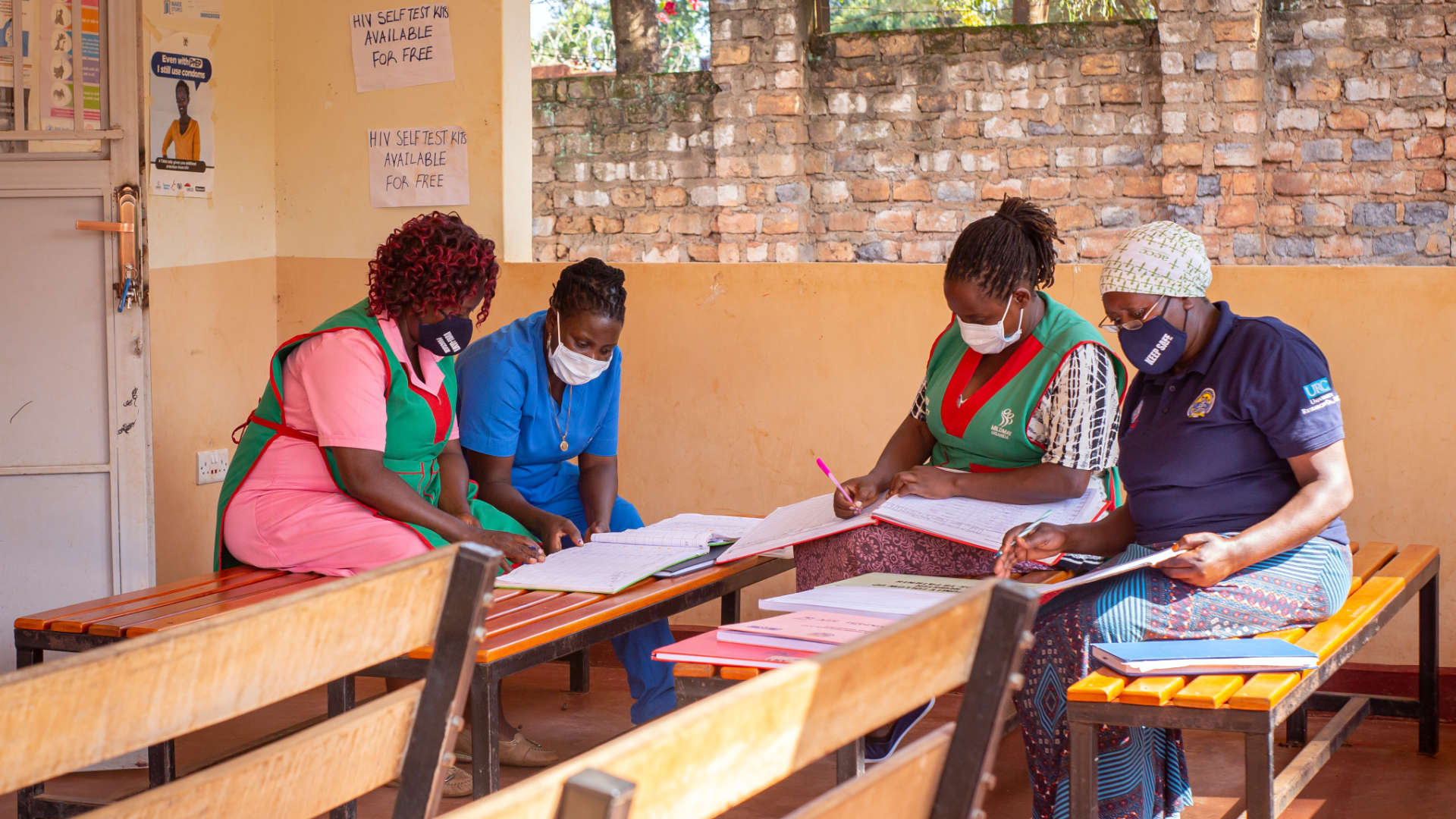URC has been awarded the four-year Department of Defense HIV/AIDS Prevention Program Uganda (DoD Uganda URC Project), which will work to save lives by preventing HIV infections and therefore accelerating progress toward achieving epidemic control.
The partnership – funded by PEPFAR through the U.S. Department of Defense – will assist the Uganda People’s Defense Force (UPDF) and the Government of Uganda in developing interventions and programs in military health systems that seek to control the HIV epidemic among military personnel, their families, and surrounding communities, contributing to a national goal of ending HIV/AIDS as an epidemic by 2030.
URC will implement the new DoD Uganda URC Project in partnership with the UPDF and the Infectious Diseases Institute, a Uganda-based organization with whom URC already works on several other U.S.-funded programs in Uganda. Additionally, the project anticipates providing sub-grants to other Uganda organizations to expand reach and complement service delivery improvements.
“Preventing new HIV infections is the only way to ensure that we can end the epidemic,” said Marni Laverentz, URC Senior Director, Eastern, Central, and Southern Africa Regional Programs. “Fortunately – even during a pandemic – we have been making progress toward this goal.”
This program will build on the achievements of the previous project, also led by URC. Despite the challenges presented by the global COVID-19 pandemic, the previous project ensured that 40 UPDF health facilities provided HIV testing services and 31 sites retained over 21,500 individuals on antiretroviral treatment The project also improved its HIV clients’ viral load suppression rates from 88.7% to 93.7% in three years.
URC also implements Department of Defense HIV/AIDS prevention programs in Eswatini and Niger.



